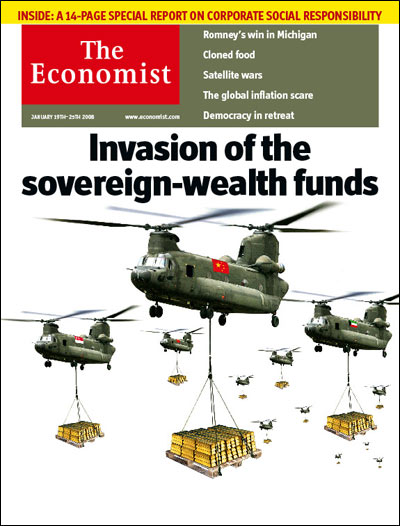Riyadh outsources wheat industry
- Middle East Business Intelligence
- 03 October 2008
Arabia is phasing out its domestic wheat growers and seeking to shift production overseas.

Arabia is phasing out its domestic wheat growers and seeking to shift production overseas.

Schroders is deferring the launch of its Agricultural Land Trust due to current market and economic conditions. The group said it felt it was appropriate to delay the launch, which was initially scheduled for the third quarter, and look again at the closed-ended product in early 2009.

In the past week, the alleged claim by Egypt’s Agriculture minister Amin Abaza that Uganda offered his country over 2 million acres of fertile land to produce wheat to feed the Arab nation’s 81 million people has rattled Ugandans.

President Yoweri Museveni initiated talks with Egyptian officials over the possibility of growing wheat and corn for the north African state in Uganda but no firm offer of land was made, Egypt and State House sources have separately said.

Le gouvernement brésilien envisage de limiter les achats de terres par des étrangers ou par les compagnies nationales dont le capital est majoritairement entre des mains étrangères. Il prépare un projet de loi en ce sens qui sera soumis au Congrès fédéral.

"Jilin and other corporate entities in China are taking major steps to increase the amount of China-controlled soy plantation both in China and around the world," reports the US Consulate in Shenyang

The Uganda government had allocated to Egypt two million acres of land to grow wheat and corn this year, Egypt`s minister of Agriculture revealed. He asserted that the land was in a number of places. Two million acres is equivalent to 2.2% of Uganda`s total area.

Some of the world's richest nations are coming to grow crops and export the yields, hoping to turn the global epicenter of malnutrition into a breadbasket for themselves.

Once committed largely to perceived safe-haven investments in the United States, Gulf nations are now looking to send their petrodollar surpluses towards a more exotic global destination: Southeast Asian farmland.

Driven by food security concerns, about 15 companies, led by the State Trading Corporation (STC), have formed a consortium to engage in corporate farming either in Paraguay or Uruguay. Among other notable firms that have joined the consortium are Gujarat Ambuja, Ruchi Soya Industries and Jhunjhunwala Vanaspati Ltd.

Conséquence directe de la crise alimentaire mondiale et de la volatilité des cours, les projets d'achat ou de location de terres agricoles à grande échelle, parfois sur des centaines de milliers d'hectares, se multiplient.

Japanese food corporations are stepping up their diversification and security of food sources, in particular taking ownership of the entire supply chain, from owning the farms in other countries, through to the processing and distribution of the food stuffs.